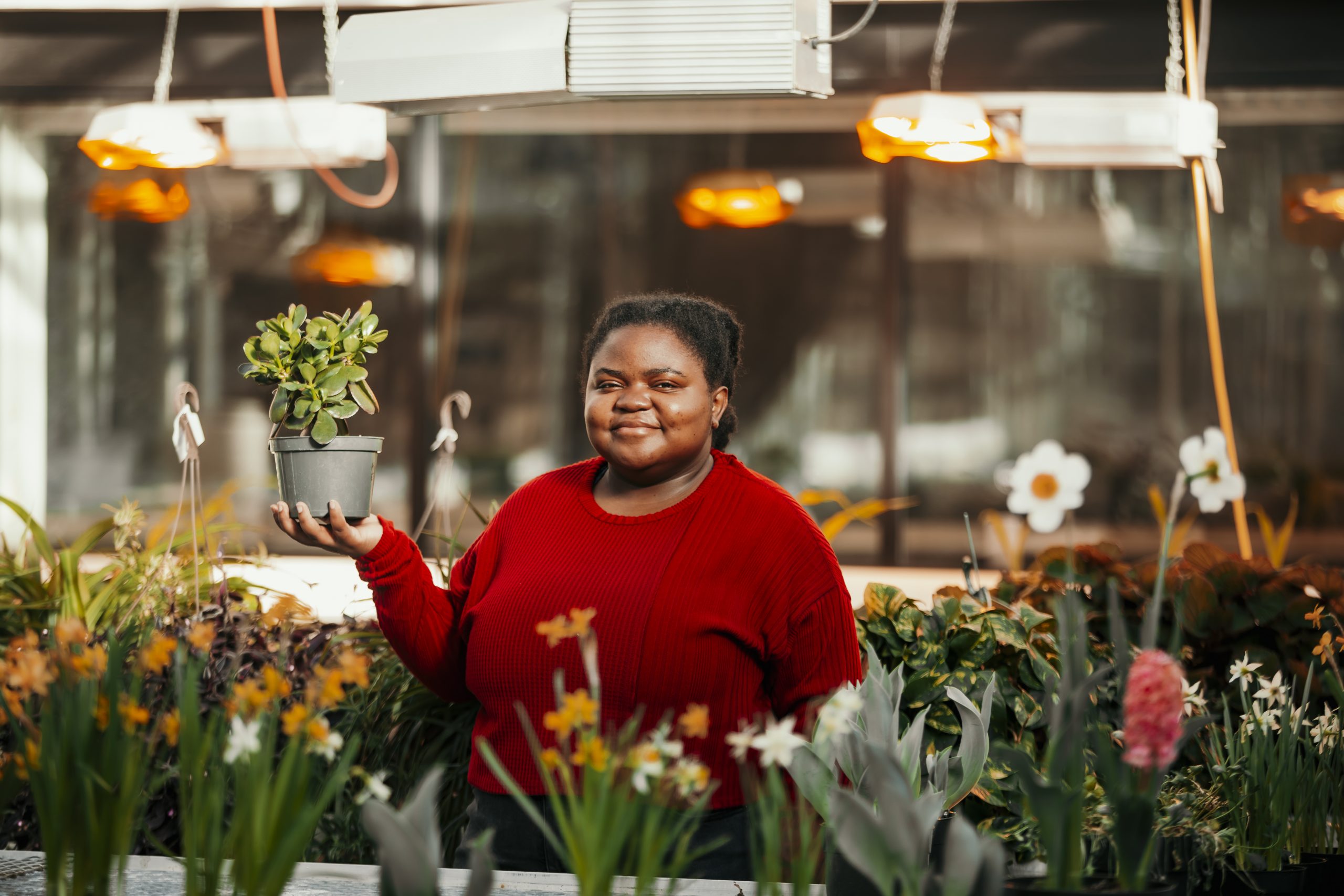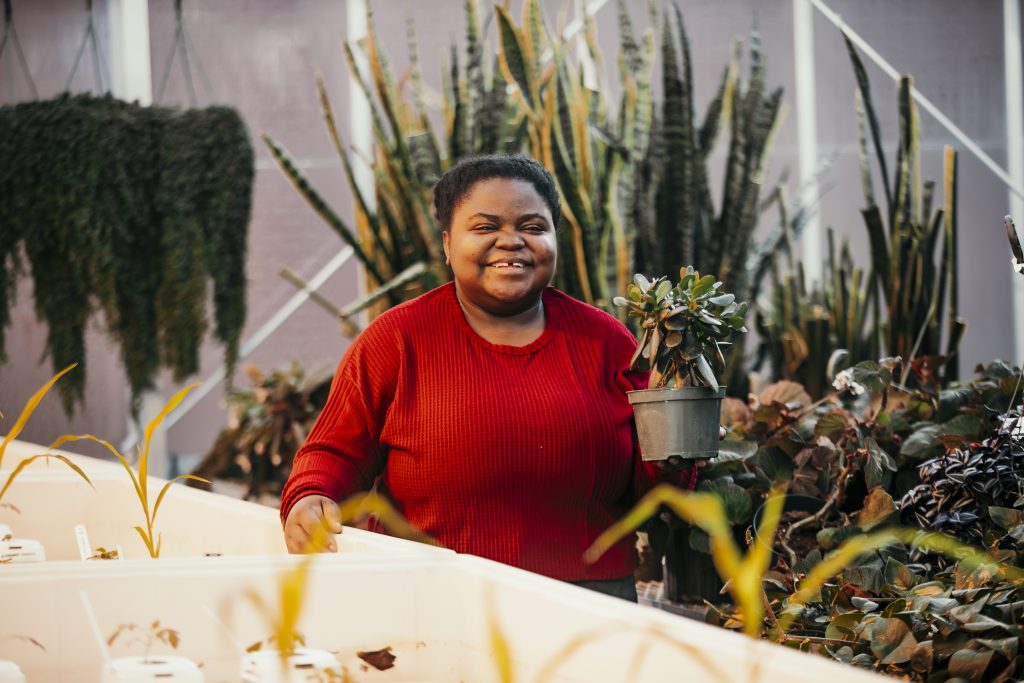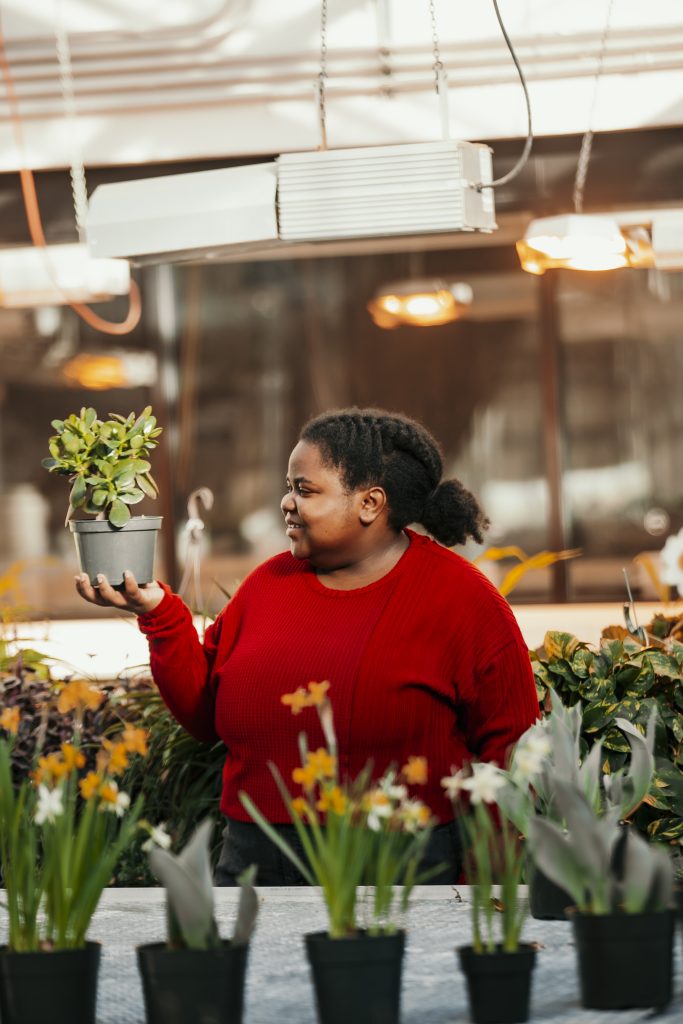Restore what once was: Flora Kafunda engineers ways to restore ecosystems faster
Author: Sarah Hays
Author: Sarah Hays

“After what has been done, there are a lot of ecosystems that we can’t get back naturally – so what are our alternatives? What can we engineer to replace the missing parts of an ecosystem that it really needs to thrive?”
These are the questions that Flora Kafunda, junior in biosystems engineering, has been asking herself as an engineer determined to protect and restore the environment.
Since her first year at Iowa State, Kafunda has had research experience ranging from medical to ecosystem research through many university internships. Until last year, when Kafunda was accepted as an intern for the prestigious Borlaug-Ruan International Internship. There, Kafunda found exactly what she wanted to do in her career – restore damaged ecosystems in a new way, problem solving and working to engineer new restoration techniques.


“In my Borlaug-Ruan internship, I worked with an institute in India where they went on site and I helped with conservation research,” Kafunda said. “We were restoring coastal mangroves along Indian coasts. The tourism industry had come in and wiped out entire ecosystems without thinking about the effects of what they were doing and why those ecosystems existed in the first place.”
What can Kafunda do to restore an ecosystem? As of now, once an ecosystem is destroyed and a new community is established in its place, you can’t really undo the damage that has been done and bring the ecosystem back, Kafunda says. But that is why Kafunda is looking at restoration through a unique lens: the lens of an ecological engineer.
“Creating something that can help ecosystems thrive is what has been keeping me in engineering,” Kafunda said. “We are reaching points where there are ecosystems where we can’t go back anymore. We can plant 100 trees here and they will eventually grow, but we also need engineers in restoration so we can innovate solutions now.”
As a student in the Department of Agricultural and Biosystems Engineering, Kafunda has been enhancing her education on ecosystems through an array of classes and research at Iowa State University. While it is a big undertaking to revive entire ecosystems that have been destroyed, Kafunda is determined to do her part in creating a more sustainable environment for everyone around the world.